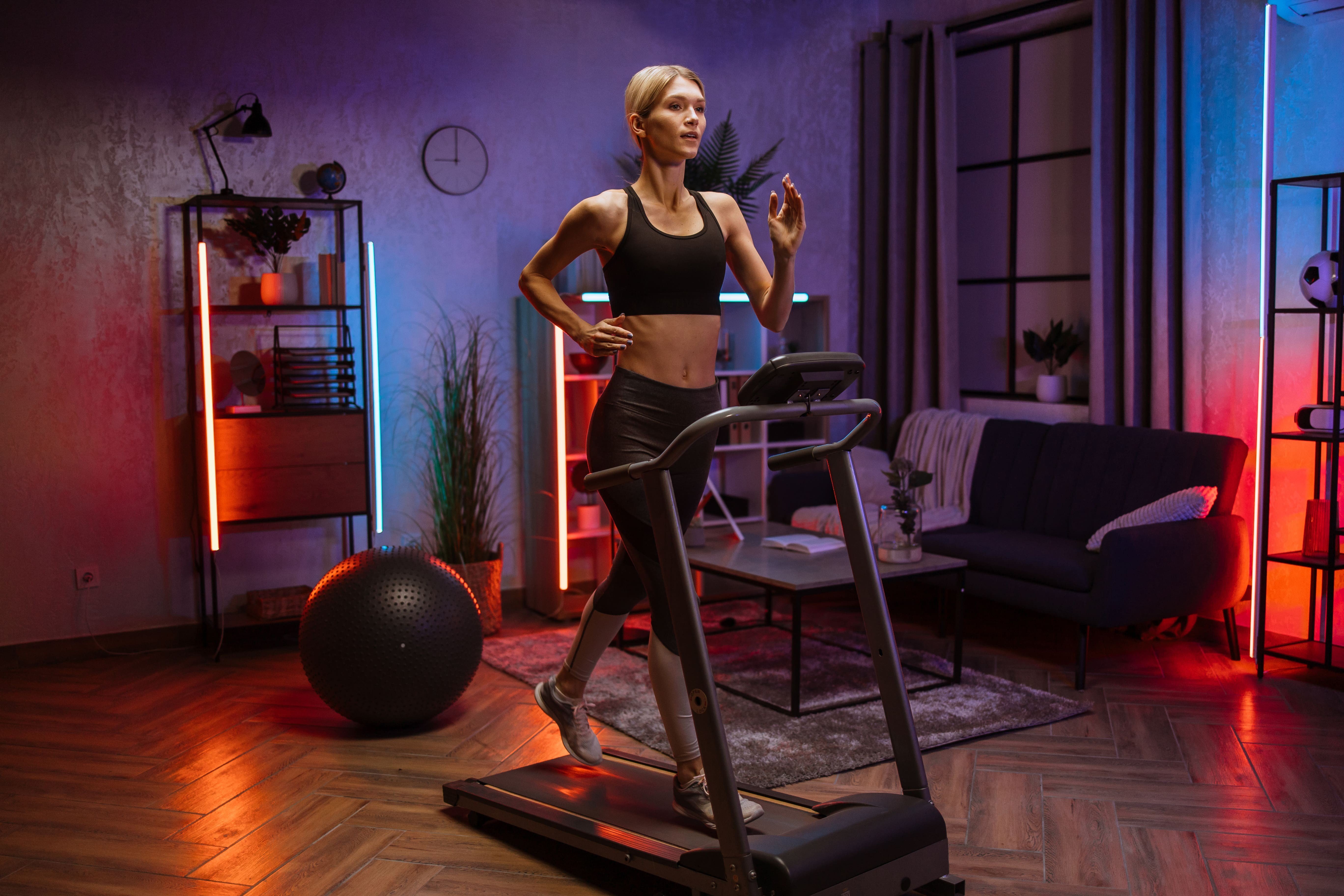Five Walking Machine Lessons Learned From Professionals
The Walking Machine: A Comprehensive Guide to Your Fitness Companion
In today's busy world, where time is a luxury, preserving a constant workout routine can be a difficulty. For Keep Reading , a walking machine— frequently known as a treadmill— works as a perfect fitness companion. This short article provides an extensive take a look at walking machines, including their advantages, types, maintenance pointers, and frequently asked questions.
Why Choose a Walking Machine?
Walking machines offer a practical and efficient method to include cardiovascular workout into every day life. Here are several crucial benefits:
- Convenience: Walking machines allow individuals to work out anytime, regardless of climate condition or time constraints. They are perfect for busy schedules.
- Versatility: Users can stroll, jog, or perform at their own pace and intensity.
- Security: Walking machines provide a lower risk of injury compared to outdoor walking or running, particularly for beginners or those recovering from injuries.
- Tracking Progress: Many treadmills come with integrated screens that track metrics like speed, range, and calories burned.
Types of Walking Machines
When considering a walking machine, it's vital to select the best type based on individual physical fitness goals and space constraints. Below are the main types of walking machines:
Type
Description
Manual Treadmills
These machines do not have a motor, and users need to stroll or run to turn the belt.
Electric Treadmills
Powered by an electric motor, enabling users to set the speed and slope effortlessly.
Folding Treadmills
Created for easy storage, these treadmills can be folded when not in use.
Desk Treadmills
Ideal for a dual work and exercise environment, these compact machines allow walking while working.
Incline Trainers
These permit users to replicate uphill walking, enhancing exercise strength and calorie burn.
Choosing the Right Walking Machine
Selecting the best walking machine can considerably affect motivation and efficiency. Here are some factors to consider:
Key Features to Look For
- Motor Power: A powerful motor guarantees a smooth and consistent workout. For periodic walkers, a 1.5 HP motor is typically adequate; for heavier usage, search for 3.0 HP and above.
- Belt Size: A broader and longer belt provides more area for a comfy stride. Requirement sizes range from 16 inches broad and 50 inches long.
- Incline Options: Adjustable slope settings can simulate walking or running uphill, increasing the strength of the exercise.
- Shock Absorption: Good shock absorption reduces the danger of joint injuries and improves convenience.
- Console Features: Look for integrated workouts, heart rate displays, and connection features like Bluetooth for a more appealing experience.
Budget plan Considerations
Walking machines come in a large range of rates, depending upon features and building quality. Here's a rough spending plan breakdown:
Price Range
Features
Under ₤ 300
Standard manual or small electric treadmills with limited features.
₤ 300 – ₤ 700
Advanced electric treadmills with slope, medium power motors, and better warranties.
₤ 700 – ₤ 1500
Top quality electric treadmills with larger integrated display screens, comprehensive functions, and guarantees.
₤ 1500 and above
High-end designs providing advanced innovation, functions, and long lasting building for major physical fitness enthusiasts.
Maintenance Tips for Your Walking Machine
To make sure durability and ideal performance of a walking machine, consider the following upkeep pointers:
- Regular Cleaning: Dust and sweat can collect on the machine and the belt. Wipe down the surfaces and tidy the belt frequently.
- Lubrication: Depending on the model, lubing the running belt periodically can prevent wear and tear. Inspect the producer guidelines for advised lubrication schedules.
- Evaluation: Periodically examine the machine for loose screws or used parts. Tighten and change as needed.
- Calibration: Occasionally, inspect the calibration of your machine's metrics to ensure they offer accurate information.
- Appropriate Use: Follow the producer's suggestions for weight limits and functional standards.
Frequently Asked Questions About Walking Machines
1. Are walking machines a great exercise?
Yes, walking machines offer an exceptional cardiovascular exercise, can assist with weight loss, and improve overall health.
2. How often should I use a walking machine?
Aim for at least 150 minutes of moderate-intensity aerobic activity each week, which can quickly be attained with regular sessions on a walking machine.
3. Can I lose weight on a walking machine?
Yes, integrating a walking machine regimen into a healthy diet can promote weight-loss, specifically if integrated with intervals and incline training.
4. Is it safe for seniors to utilize a walking machine?
Yes, walking machines can be safe for elders with low-impact settings and safety features like hand rails. Nevertheless, people must consult with their health care supplier before beginning any exercise program.
5. What's the distinction in between a treadmill and a walking machine?
The term “walking machine” typically describes a treadmill planned for walking, while “treadmill” can describe machines used for various intensities, including running.
With their flexibility and convenience, walking machines can significantly enhance one's fitness journey. By thoroughly choosing the best type, ensuring proper maintenance, and including various workout methods, users can optimize their walking machine's advantages. Just like any exercise routine, consistency is key to attaining enduring fitness results.
